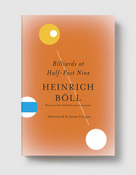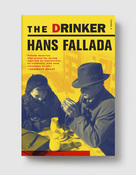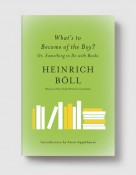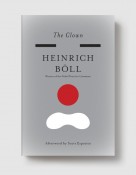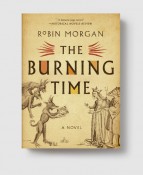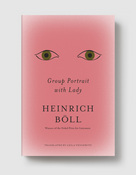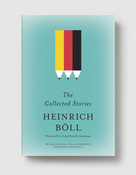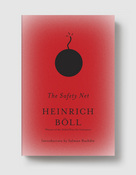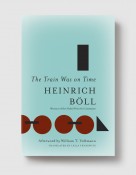
List price: $14.95
- Pages160
- ISBN9781935554196
- Publication dateJune, 2011
- Categories
- Booksellers
- Media
- Academics & Librarians
Irish Journal
The Essential Heinrich Böll
Heinrich Böll
Translated by Leila Vennewitz
with an afterward by Hugo Hamilton
”Irish Journal has a beguiling charm that perfectly suits the landscape and temperament of its subject.”—Bill Bryson, The New York Times Book Review
When Heinrich Böll traveled with his wife to Ireland in the early 1950’s, he was immediately enchanted by the landscape and the people. Reveling in respite from a Europe still recovering from war, he was captivated by what he saw as a friendly and classless society that took life at a more leisurely pace. He was delighted, for example, by the Irish saying that explained why the trains were always late: “When God made time he made plenty of it.” Böll would return again and again.
In this unique entry in his oeuvre, Böll documents his eccentric travels around the Emerald Isle, detailing its charm in a way that gives his own habit of studying character and paradox, not to mention national identity, a beguiling twist. The result, here presented with an epilogue written years later with Böll’s observation of changes since his first visit, is a reflection on the essence of a place and its people that is, indeed, evergreen.
”The renewal of German literature, to which Heinrich Böll’s achievements witness, and of which they are a significant part, is not an experiment with form. Instead it is a rebirth out of annihilation, a resurrection, a culture which, ravaged by icy nights and condemned to extinction, sends up new shoots, blossoms, and matures to the joy and benefit of us all.”—The Nobel Prize Committee
”A man of deep feeling and intelligence, speaking in a strongly contemporary voice, he recorded in his early stories the way it felt to come home to a destroyed country. The tone was neither angry, ironic nor surreal. On the contrary, these stories gave us the slow-moving thoughtfulness of a narrator in pain, walking about on a lunar landscape, knowing he must make sense of things more quickly than he is able to do.” —Vivian Gornick, The New York Times
